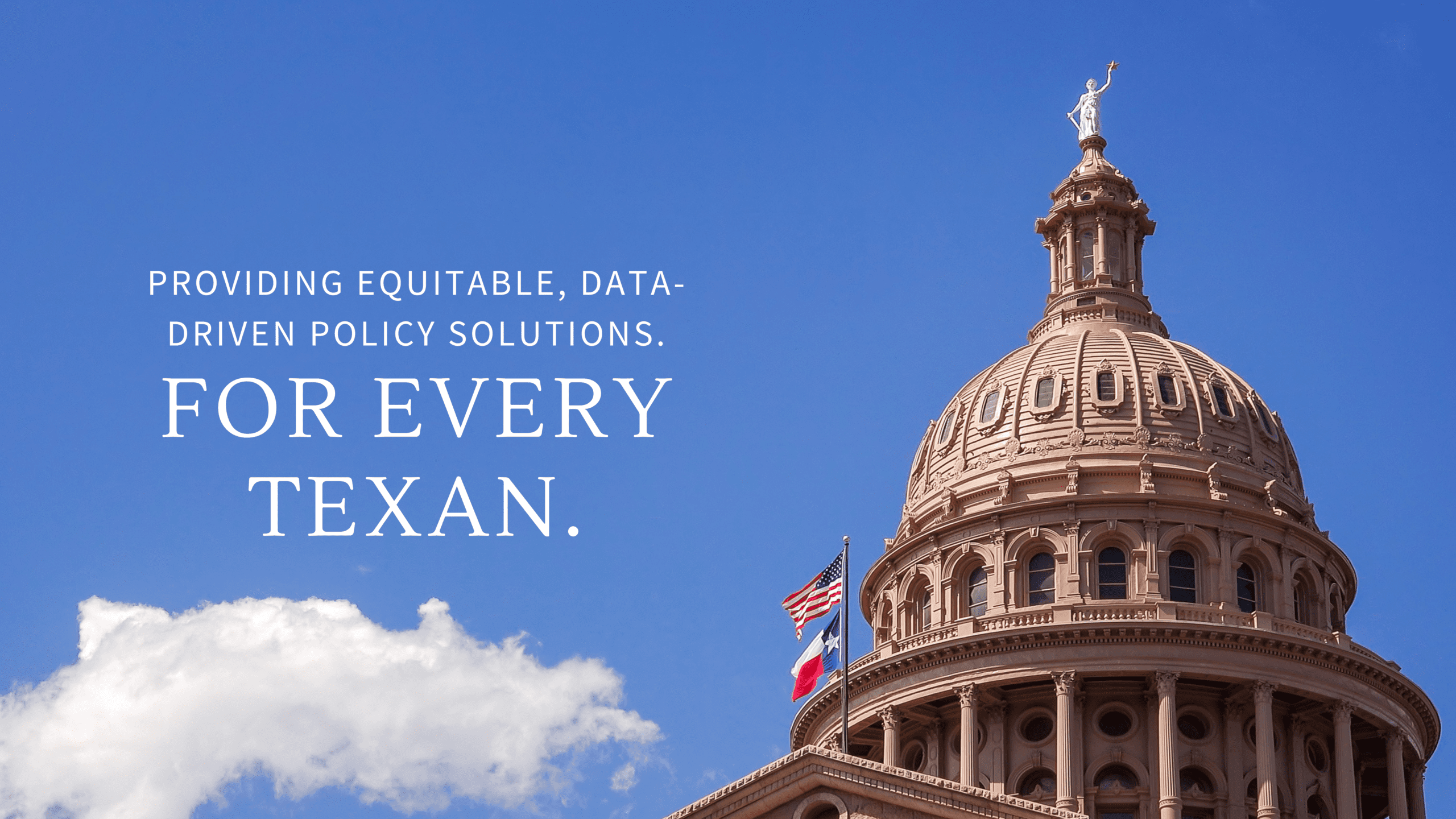This blog was written by Kevin Delaney, co-founder and CEO of Charter, a media and services company that aims to transform workplaces and catalyze a new era of dynamic organizations where all workers thrive.
I wrote a piece for TIME this week about the emotional letdown, frustration, and chaos a lot of office workers have experienced because a post-Labor-Day return-to-the-workplace generally hasn’t gone anywhere near as smoothly as we’d imagined in the spring.
“It’s definitely been whiplash,” Marisa Bono, chief executive of Every Texan, a policy research and advocacy organization with 28 employees, told me. You should read the TIME piece if you’re interested to hear the stories of Bono and others who’ve been navigating challenges related to surging Delta-variant infections, unpredictable child care and schooling, and managers and colleagues who aren’t helping things.
Talking to them, it occurred to me that it didn’t have to be quite this frustrating, even if the spread of Delta, strident anti-vax views, and breakthrough cases were things we didn’t fully anticipate.
Bono shared what her organization is doing, and it struck me that they’re getting a lot of things right, despite the fact that she herself has only been leading Every Texan since May 5. Here are some of the key ingredients of the approach:
- Clarity—Bono shared a memo with me that she sent to staff on July 20 detailing the policies around the return to the office, the reasoning behind them, and data about where things stood. She noted that 62% of the team were interested in a vaccine requirement, Every Texan was looking into upgrading its office ventilation in line with CDC guidelines, and its default was for any event to be virtual. The memo was a model of directness and clarity.
- Flexibility—Bono called off the Oct. 18 return-to-office date as Covid cases surged in Texas this summer, and said she personally thinks it will be hard to set a return date before January. The organization is allowing employees to work out flexible schedules with their managers, though they are still expected to be available for some hours between 9am and 4pm Monday through Friday. (Some companies, including Quora, have “coordination hours” to reduce the challenges of scheduling meetings and getting responses from colleagues.) Part of flexibility is also normalizing caregiving and breaks during the day.
- Support—Every Texan created an affinity group to provide support for caregivers, and Bono is giving staff a week off this month to look after their mental health—similar to initiatives at Nike and Bumble. She’s encouraging employees to book time between meetings for breaks and has said it’s OK for staff to keep cameras off during meetings if it helps with Zoom fatigue. Every Texan wants staff to “feel empowered to make the decision that is best for their personal safety,” read Bono’s July memo.
- Collaboration—Every Texan just signed a union contract, and a group of managers and union members is reviewing the return-to-office policies and making recommendations. Rather than begrudge the union involvement, Bono says “having these extended processes allows me to really hear from our team what their reality is at home so that I can adjust in a way that keeps them happy, content, safe, and productive.” Bono shared with me notes from a caregiver affinity group meeting, which include an ask to her about Covid-related leave.
- Pragmatism—Bono is letting the staff’s level of comfort and public-health recommendations drive the policies—as opposed to the knee-jerk insistence that workers need to be back in the office I’ve heard about in other managers.
Virtually every one of these practices is a positive contrast to the stories I heard from other workplaces where employees were frustrated and demoralized. “There’s the practical effect of figuring out how to manage your return-to-office policy that allows for productivity, but still protects your workers,” says Bono. “But there’s also an added layer, which is the fact that your team is exhausted.” The tools that she has deployed around the return to the workplace should help address that as well.
On the one hand, the delay for many organizations to return to the office is demoralizing. On the other, it’s a real opportunity to extend the period of experimentation and consultation with staff, to provide even clearer messages about how work should change, and to train and support managers for the coming chapter.
Learn more about Charter and sign up for their newsletter here. Read Marisa’s commentary in TIME here.
